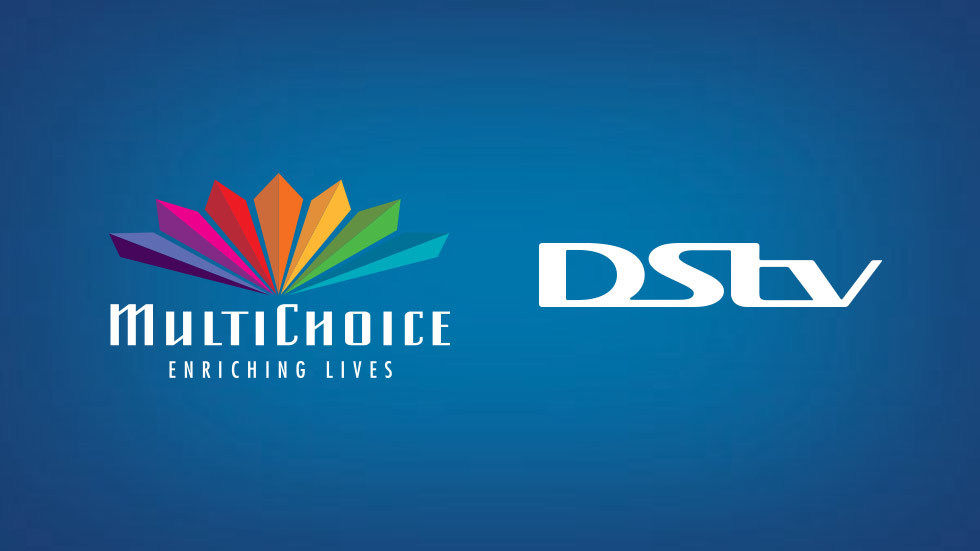- Telcos Write Senate, Propose 1% Communication Tax
The Association of Telecommunications Companies of Nigeria, the umbrella body of telecoms companies in the country, has written to the President of the Senate, Bukola Saraki, proposing one per cent communication tax.
In the letter made available to our correspondent, and signed by the ATCON President, Mr. Olusola Teniola, the association said it would continue to kick against the proposed nine per cent Communication Service Tax Bill, until its review to one per cent.
Teniola said there were reasons to suggest that the desire to widen the tax net was laudable and that as things stood, telecommunications industry was about one of the few areas where the net-capture could be widened.
“We, therefore, suggest that an increase in VAT tax, which is already included in all services of telecommunications by an increase that is not beyond one per cent should be a good reform strategy,” the APCON president stated.
According to him, the input of recent studies by credible organisations is APCON’s guide.
“The projections are that a new tax on the ICT services as high as nine per cent that is being proposed will result in excluding 10 per cent of the population, that is talking of about 20 million Nigerians from access; whereas, the survival of our economy is on attracting more citizens to have access to Internet and therefore ICT services. It does not add up if whatever we do ends up not bringing more people into access.
“The reality of Internet access in Nigeria is that it is all about mobile. Only about 13 per cent of Nigerians get broadband access via mobile while less than one per cent of the people do from fixed services,” he said.
The ATCON boss stated that one of the main reasons the rate of Internet adoption and use was rather slow in Nigeria was the high cost of data subscription.
He said, “A 500MB plan costs typically 5.4 per cent of average monthly income. The current definition of affordability used by the United Nations Broadband Commission is where the price of a broadband plan is less than five per cent of average monthly income. If we are to use this definition, Nigeria is on the cusp of affordability.”
He added, “In Nigeria, the average income in 2014 was $2970 (GNI per capita, source: World Bank), 40 per cent of the population actually earned less than half that amount. In practice, this means that a 500MB mobile Internet plan priced at 5.4 per cent of average monthly income actually costs the majority of Nigerians anywhere between seven per cent and 18 per cent of monthly income.”
Teniola, however, said that ATCON would be happy to support the government to make the best of the tax efforts, saying they were certainly key components of strengthening the economy and sustaining the industry.
“Our mandate is to support the Federal Government to succeed in attracting and protecting investments in the telecommunications industry and to make meaningful input to all aspects of economic development, including legislation and management of our industry, so it continues to be the oil of growth and development.”
The group added, “No doubt, there is severe pressure at this time and government revenue cannot be different. We, however, pray that the template with which the telecoms industry is viewed and assessed be slightly modified.
“The truth is that there is severe over taxation in our industry. It explains the slow penetration of services into ‘unserved’ areas of the country. The truth again is that contrary to popular belief, telecommunication operators and service providers are barely sustaining existence in these times.”


 Forex4 weeks ago
Forex4 weeks ago
 Naira4 weeks ago
Naira4 weeks ago
 Billionaire Watch4 weeks ago
Billionaire Watch4 weeks ago



 Naira4 weeks ago
Naira4 weeks ago






 Naira4 weeks ago
Naira4 weeks ago


 Naira3 weeks ago
Naira3 weeks ago






 Naira3 weeks ago
Naira3 weeks ago
 Economy4 weeks ago
Economy4 weeks ago























